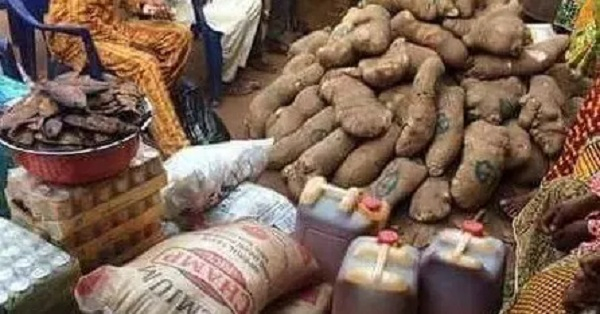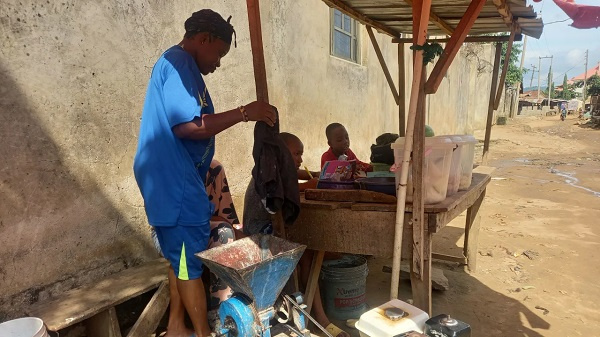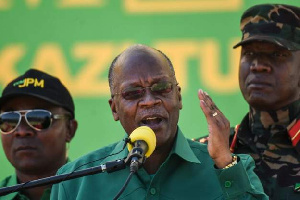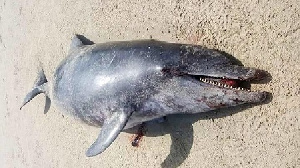Four Nigeria states with the most expensive bride price

The payment of the bride price is essential for the validation of any marriage in Nigeria, regardless of the tribe.
While some tribes collect as little as a hundred thousand naira, others collect up to a million naira even as inflation bites deep in Nigeria.
Here are some of the most expensive wedding cultures in Nigeria:
Imo State (Mbaise)
The Mbaise people are from Imo State, the eastern part of Nigeria, and they occupy three local government areas in Imo State (Aboh Mbaise, Ahiazu Mbaise, and Ezinihitte Mbaise).
Getting married to a lady from this state is quite expensive and even more especially if the daughter is educated.
To marry a lady from this state is amongst the most expensive in Nigeria because of the numerous components that make up their traditional marriage list, or Ime Ego in Igbo.
The marriage process involves multiple steps, and the last is the list which contains several items that are up to a million naira in Nigeria today.
Adamawa State (Bororo)
The Bororo, a subgroup of the Fulani ethnic group from Adamawa state traditionally required that a
groom provide livestock, specifically cows, as part of the bride price. This decision is influenced by their livestock and pastoral lifestyle, where cattle represent wealth, status, and sustenance.
Depending on the family’s status, the bride’s background, and the negotiations between the two families the number of cows demanded can vary significantly, often ranging from 10 to 50 cows.
Considering the market value of cows in Nigeria, this makes bride price among the Bororo tribe in Adamawa state very expensive.
Rivers State (Okiriika, Ikwerre, Kalabari, Ogoni)
Rivers State is also one of the most expensive states in Nigeria to marry from. The bride price is known for its complexity and expense, especially in rural communities. The marriage process involves multiple steps, with the bride price being an integral part of formalizing the union.
Furthermore, gifts for extended family members and even community elders are expected in some cases, adding to the overall expenses and it is seen as a rite of passage that cements familial bonds and demonstrates the groom’s capability to provide for his new family.
The list of items to be provided by the groom includes monetary payments, material items and paying for the bride’s family lineage (called “ame nda”) and various traditional rites, which add to the costs.
Akwa Ibom State (Annang, Ibibio)
The people of Akwa Ibom State are known for their rich cultural traditions, particularly regarding marriage and the payment of bride prices.
The marriage list is almost 4 pages long while the monetary aspect can vary significantly depending on the families involved, it is often accompanied by ceremonial gifts and community involvement, which can further escalate the costs.
Source: www.vanguardngr.com





